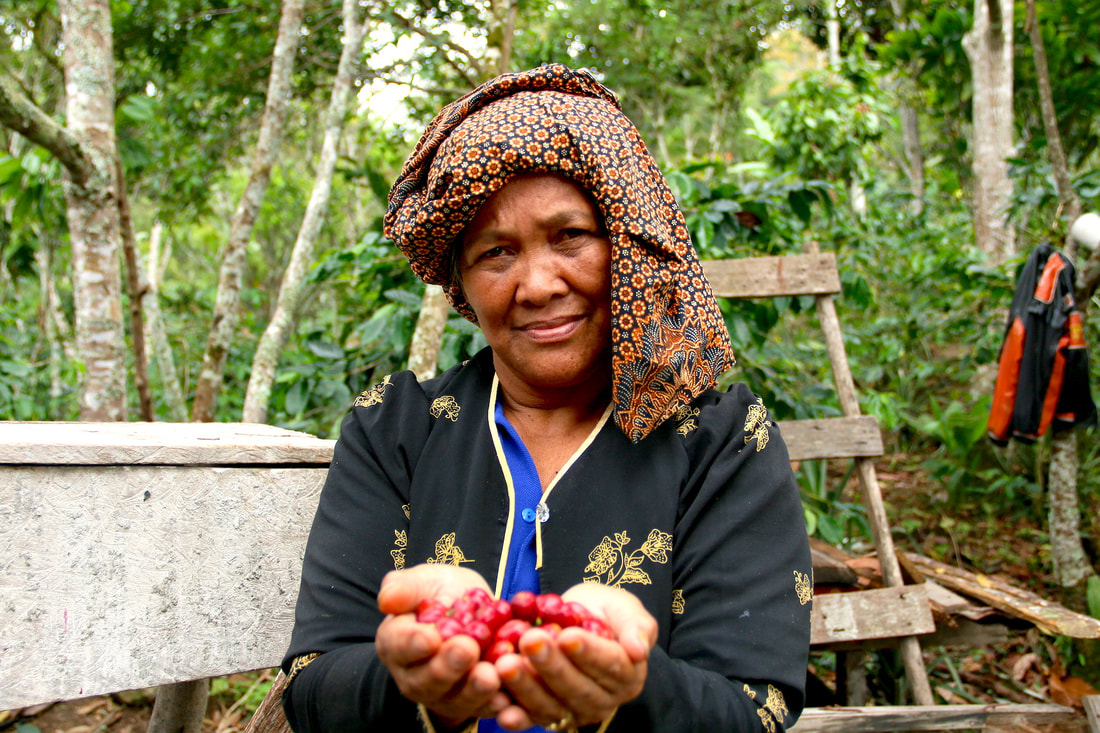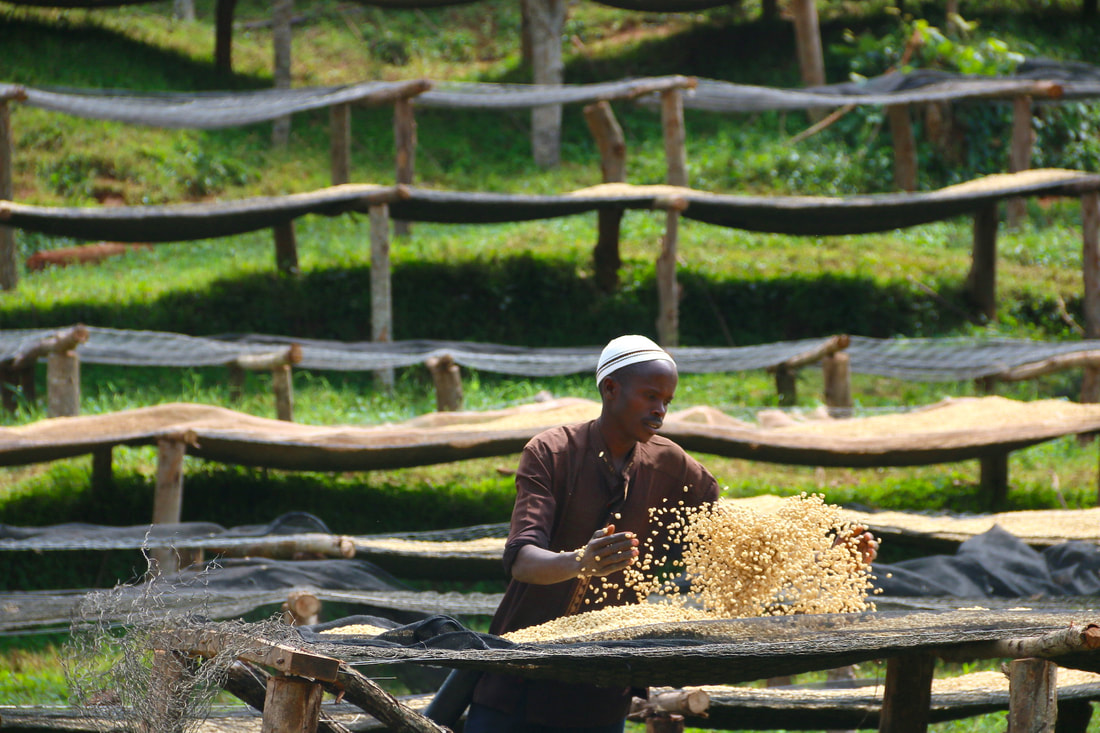|
We believe that approaching a cupping table with an open mind and senses is the correct way to learn, discover, and experience new sensations. We don't assume that origins have pre-assigned profiles like Kenya being associated with berries and Sumatra with chocolate. The coffee flavours can be as diverse as flavours are found in the world. This makes our work exciting because it's a journey to an unknown world of textures, flavours, and aromas that many people have never explored. And therefore, we are fortunate to guide them on this journey through specialty coffee. Umami is described as the fifth flavour, along with sweet, sour, salty and bitter. It is a savoury flavour that can be found in foods such as tomatoes, mushrooms, soy sauce, and aged cheeses, and is attributed to the presence of glutamate in these foods. Glutamate is a neurotransmitter, responsible for sending messages between neurons and the brain. All foods, including coffee, contain some amount of glutamate. Tomatoes, cheese and mushrooms contain high amounts of glutamate. However, in coffee, it is unlikely that this flavour is derived from free glutamates, as there are very few free glutamates present in green coffee. Therefore, it is more likely that the umami flavour that we sometimes find in certain lots is attributed to other compounds and substances present in coffee.
0 Comments
We often think that Burundi is not talked about enough in the specialty coffee industry, and at Kilimanjaro Specialty Coffees we want to change that idea and give this wonderful country and origin, which produces some of the best coffees in the world, the place that it deserves, on the African podium alongside Kenya and Ethiopia. One of the smallest countries in Africa, Burundi is landlocked and has an equatorial climate. Burundi is part of the Albertine Rift, the western extension of the East African Rift. This is important because the soils of the Rift Valley are volcanic and very fertile. Its cultivation areas are characterized by producing a cup with intense phosphoric acidity, full body with some fruity notes and complex flavour.
1. What is memory?
Memory is the process through which we obtain, store, retain and access information. Human beings are capable of perceiving reality through experiences, which we classify and store. This process allow us to survive, cause if we were not able to access past experiences to decode the new ones, we would be living each day in a constant chaotic state of wonder, terror, happiness or stress. Memory in simple words, simplifies our life and balances our central nervous system. "Taste is undoubtedly a delicate organ, perfectible and respectable as the eye or the ear" The taste of people has been built with the course of history, and some events have strongly contributed to shape it. Like for example, the arrival in Europe of sugar or spices during the medieval era. Throughout history some flavors appears and others, like bitterness, go out of fashion.
|
Archives
April 2024
Categories
All
|
- What We Do
- Que Hacemos
-
Origins
-
Orígenes
- Education
- Educación
- Contact
- Contacto
- Home Roaster Store
- Tienda del Home Roaster

|
Copyright © 2015-2024 | Kilimanjaro Specialty Coffees España S.L.U. All Rights Reserved.
|




 RSS Feed
RSS Feed